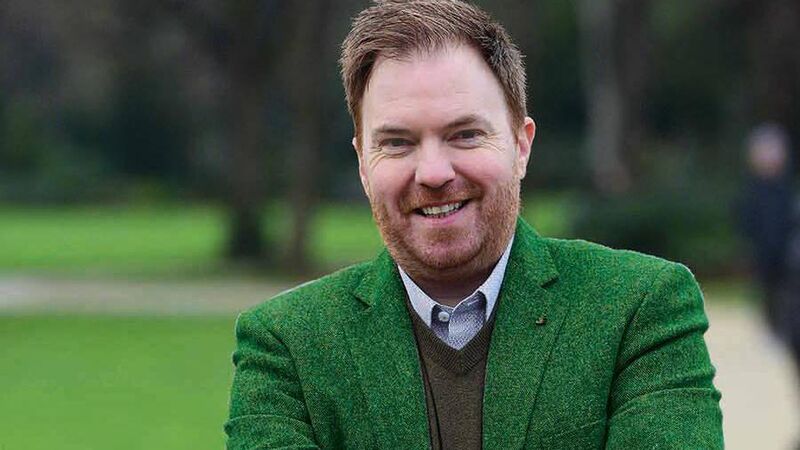Bernard O'Shea: I started writing (awful) poetry - but having a hobby is good for me

Bernard O'Shea. Photograph Moya Nolan
Have you ever wondered how simple individuals navigate life's turbulent waters, grappling with stress, self-doubt, and societal expectations?






